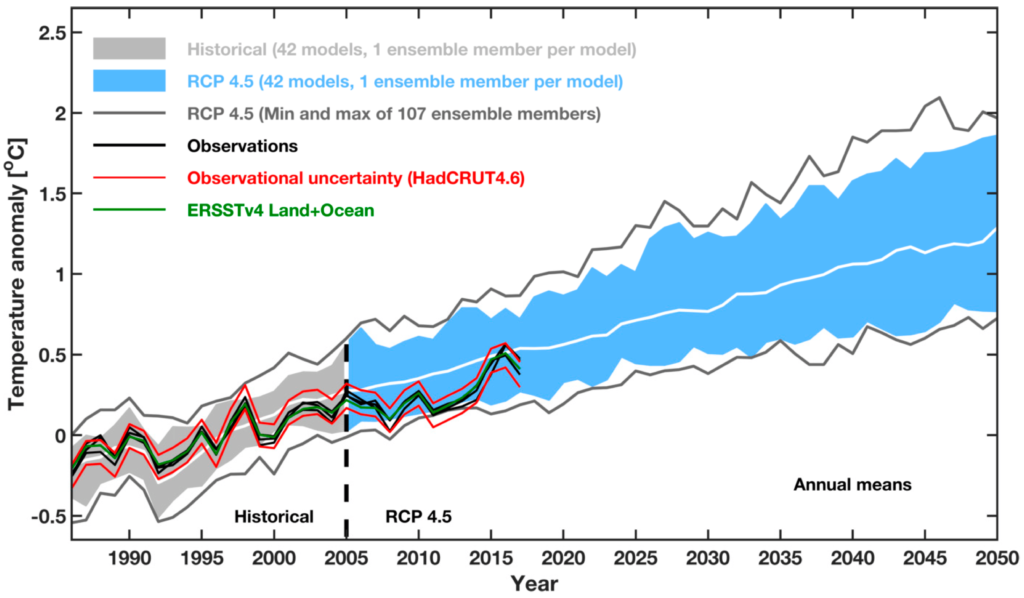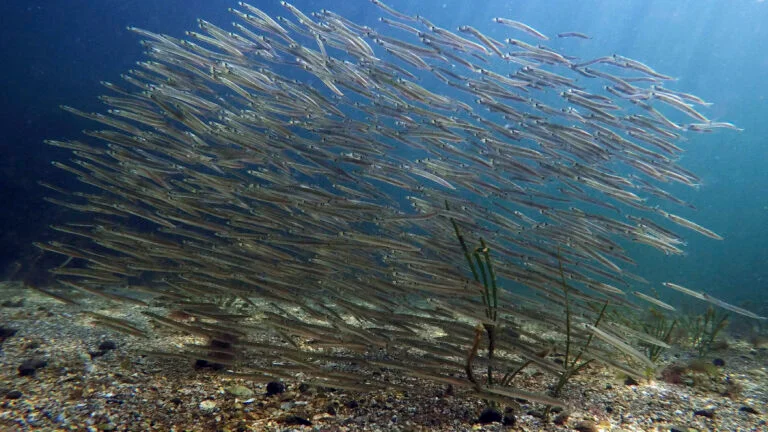Recent reports from the Gulf of Maine Research Institute indicate that while ocean warming in New England has slowed, temperatures remain significantly above average. The 2024 surface temperature averaged 51.5°F (10.8°C), ranking as the twelfth warmest year on record. Scientists warn that despite the slowed rate of warming, long-term climate impacts continue to pose serious threats to marine ecosystems.


1. Understanding Ocean Warming Trends
Ocean temperatures have been rising globally due to climate change, with some regions warming faster than others. The Gulf of Maine, in particular, has experienced rapid warming over the past few decades. While the recent data suggests a temporary slowdown, experts caution against assuming this trend will continue.
2. The Impact on Marine Life
Warmer ocean temperatures disrupt marine ecosystems, affecting species like the American lobster and Atlantic puffin. These animals rely on stable temperatures and food sources, both of which are changing due to climate shifts. Many species are migrating northward in search of cooler waters, altering the balance of marine life.
3. Why Is the Gulf of Maine Warming?
The warming of the Gulf of Maine is influenced by several factors, including climate change, ocean currents, and atmospheric conditions. The Gulf Stream has strengthened while the Labrador Current has weakened, pushing warmer waters into the region. This shift affects everything from fish populations to weather patterns along the East Coast.
4. The Fishing Industry at Risk
New England’s fishing industry, a cornerstone of the region’s economy, faces challenges due to ocean warming. Species like cod and shrimp, once abundant, are now struggling to survive in warmer waters. Fishermen are being forced to adapt to new conditions, often targeting different species or altering fishing methods.
5. The Role of Climate Change
Climate change is a key driver of ocean warming. Greenhouse gas emissions trap heat in the atmosphere, which then transfers to the oceans. While short-term fluctuations occur, the overall trend points to continued warming unless significant action is taken to reduce carbon emissions.
6. Efforts to Combat Ocean Warming
Scientists and policymakers are working to address the impacts of ocean warming through various initiatives. These include marine protected areas, sustainable fishing regulations, and efforts to reduce carbon emissions. While progress is being made, more aggressive action is needed to slow down the long-term effects.
7. The Importance of Monitoring
Continuous monitoring of ocean temperatures helps scientists understand long-term trends and make accurate predictions. Organizations like the Gulf of Maine Research Institute play a crucial role in tracking changes and providing data that can inform policy decisions. Public awareness and involvement in conservation efforts are also essential.
8. The Future of New England’s Oceans
Although the recent slowdown in warming is a small positive sign, the overall trajectory of ocean temperatures remains concerning. New England’s marine ecosystems are undergoing significant changes, and adaptation will be necessary to ensure the sustainability of marine life and local industries. Long-term commitment to climate action is the only way to protect these vital ecosystems for generations to come.





Leave a Reply